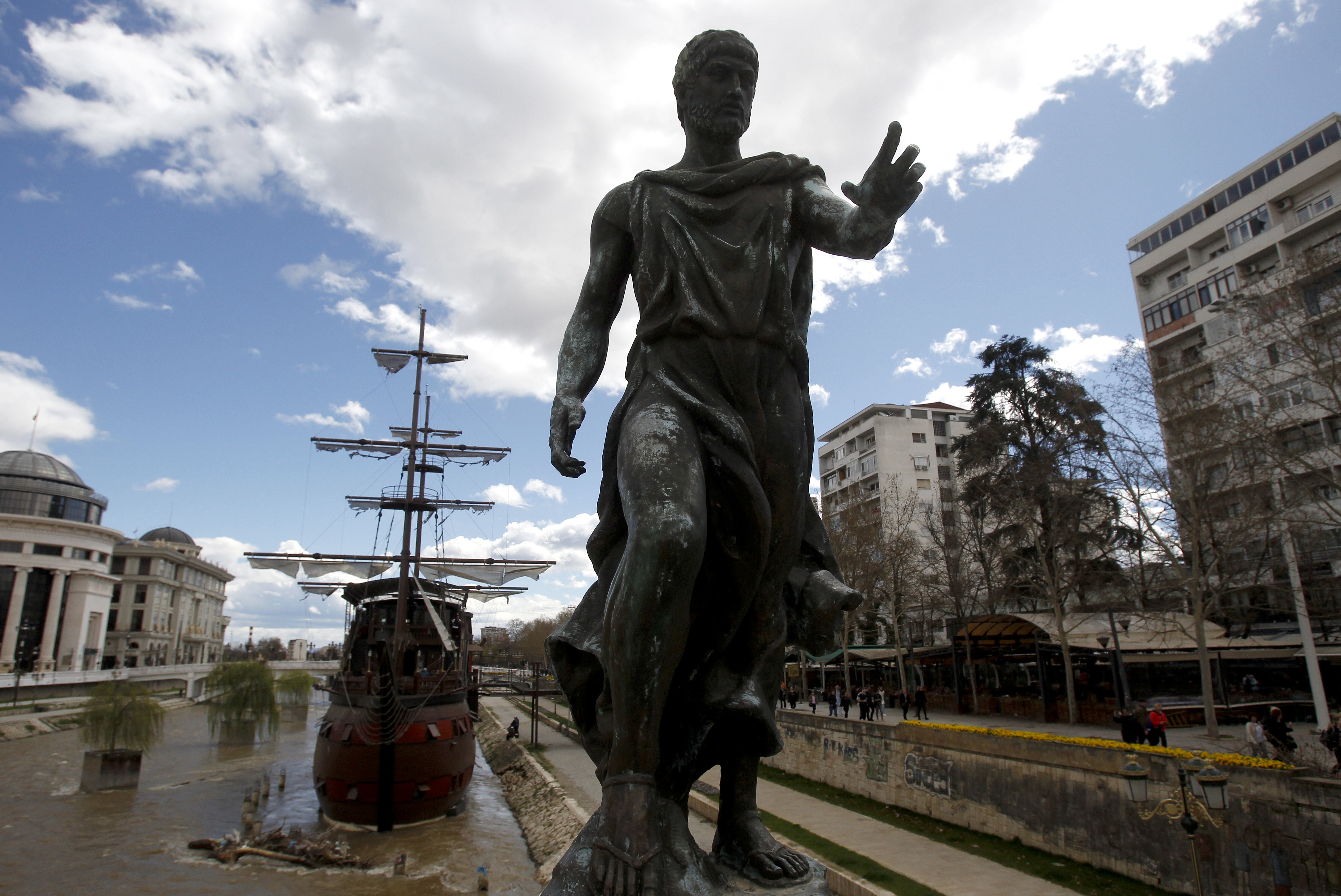Antiquity will wait for a new Greek committee

The change of government in Greece has halted the negotiations in the Committee on textbooks. Although the Greek side has received information that many of the open issues have been resolved in their favor, the facts on the ground indicate that there is currently a complete standstill in the dialogue, as Macedonia has no one to negotiate with. According to our information, Greece is changing the team and the question is which direction the talks will take in the reign of Kiriakos Mitsotakis and Nea Demokratia, whose views are harder than the ones Alexis Tsipras and his allies had.
Our sources from the Macedonian Committee on textbooks say that one should be extremely tactful and not dwell on Athens’ statements in order not to open a new field of conflict similar to that with Bulgaria for Goce Delchev. In this context, the rhetoric of Spiridon Sefeta, chairman of the current Greek Committee on textbooks, is also acknowledged, which boasts an excellent epilogue to the work done by Macedonian representatives. The Macedonian side, without concluding with its Greek counterparts, does not want to comment on the current positions in the talks, but notes that they are different from what Sefeta says.
As a reminder, last week in a statement to Greek Ethnos, the head of the Greek committee listed the points in which he believed a compromise had been reached.
“After a two-day battle in Skopje, it was accepted that as Slavs they had nothing to do with ancient Macedonians, that ancient Macedonian history and culture were part of ancient Greek culture that had an impact on world culture,” Sefeta claims.
He adds that the Greek Committee does not see negatively the proposal of the Macedonian side to take into account that part of present-day North Macedonia belongs to historic Macedonia from antiquity.
“For the Byzantine period they accepted that the Slavs did not take the name Macedonians from the ancient Macedonians and that the terms Macedonians and Slavs were not identical in the Middle Ages,” Sefeta said. He concludes that the Greek side will not oppose for more information on the Balkan peoples to be included in their textbook, which was a demand by the Macedonian side.
Meanwhile, uncertainties remain over historical issues with Bulgaria, especially regarding the character and work of revolutionary Goce Delchev. Bulgarian Prime Minister Boyko Borisov has demanded that the solution on Delchev be reached by October when Brussels is expected to give us the green light to begin EU accession talks.
“The committees must reach a compromise by October. The October date should not be overstepped. Committees must work every day. That question must be resolved. We said that Goce Delchev is a Bulgarian who fought for the freedom of Macedonia. When they give me the folder with what was agreed between the committees, then we in Bulgaria will decide what needs to be done, “Borisov said during a recent visit to Skopje.
His request for an special meeting of the two countries’ committees was expressly rejected by us because it is not only technically impossible, but also there is no need for it. Negotiations with Bulgaria will resume in September. The Macedonian Committee assessed that the call by the Bulgarian authorities was like a duel challenge, which gave the impression that we were in a constant battle, not in an academic process in which some things needed to be discussed and left to mature, before a decision is made.
“When it comes to Goce Delchev, one should not insist on his identity, but emphasize the importance he had for both nations,” said Dragi Gjorgiev, head of the Macedonian team in the committee.
Goran Adamovski